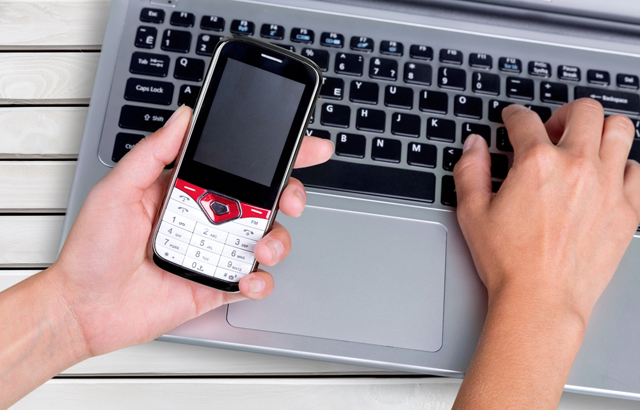Few people’s idea of relaxing Father's Day involves getting to grips with IT security. However, with scammers typically targeting the holidays to catch out consumers, there’s never been a better time to scrub up on the basics and keep safe online. At least before the day itself, anyway.
Ahead of this coming Father's Day, then, familiarize yourself with these top security tips and enjoy your technology with an all-new peace of mind.
Protect your PC
One of the very first things you should do when considering computer security is making sure that your own computer is running the latest operating system and software, and that it is also loaded with some Security Solution.
Doing all this will minimise the opportunities to outside hackers from the word go, who might look to use an underlying software vulnerability to get onto your system in order to steal data or money.
Updating your operating and software is imperative, as updates commonly include security bug fixes to stop such hackers getting in.
Improve passwords
You should take some time to review and update your passwords if necessary, or use a password manager if that process gets too fiddly. If you’ve done that, or feel you’re ready to get more techy, you may also want to add two-factor-authentication (2FA), which is essentially an additional security layer that reduces the chance of an impersonator accessing your online accounts.
You can update passwords easily enough, although password managers can remember them as you go along, remind you when logging in, and can even help you create new – and safe – ones.

Two-factor authentication gives you an extra level of security when logging in.
Back up files
Backing up your machine protects you from the unexpected, including the unfortunate (like your hard-drive packing up) and the malicious (ransomware authors demanding money for encrypted files).
It’s worth backing up to another hard-disk drive (HDD) if you have one or to use one of the various cloud services available.
You should ideally back up files frequently and make sure these files can be easily retrieved if needed.
Trust in the digital world
When browsing online, checking emails and using social media accounts, you need to think of trust in the same way as you would in the ‘analogue’ world. For example, you probably wouldn’t let a stranger into your house uninvited so you should apply the same line of thinking when on the Internet.
You should ignore unsolicited emails, be wary of email attachments, links or forms, and ask yourself who you trust when looking at links shared on Twitter and Facebook . You also need to be wary of free downloads from freeware or shareware sites.
If you’ve got any concerns about the website or company you are being directed to, look them up online separately. If you’ve received a suspicious email from someone you know, call or text them to check.
Use tools and accessories to stay private online
You may feel safe when browsing online, but like walking down the street, you might still become a target for somebody. Some search engines can pick up your browsing habits and sell them onto marketing companies.
If you’re concerned about being tracked online, you need to prioritise online privacy and there are a number of easy ways that you can do this.

Just as good as a webcam cover, you can use a band aid or a small piece of black tape.
For starters, there are physical devices to stop tracking or ‘shoulder surfing’ in a physical environment. You can buy webcam covers, screen filters and laptop and PC locks to reduce the chance of peeping toms and device thefts.
When online, you may also want to consider downloading a Virtual Private Network (VPN) solution to hide online activities, or use plug-ins like Ghostery and DoNotTrack for tracking-free browsing, as well as the DuckDuckGo search engine.
There are also some excellent PGP encrypted email clients and privacy-friendly smartphone apps if you want to ensure that your call, message or email is only seen by your intended recipient.



